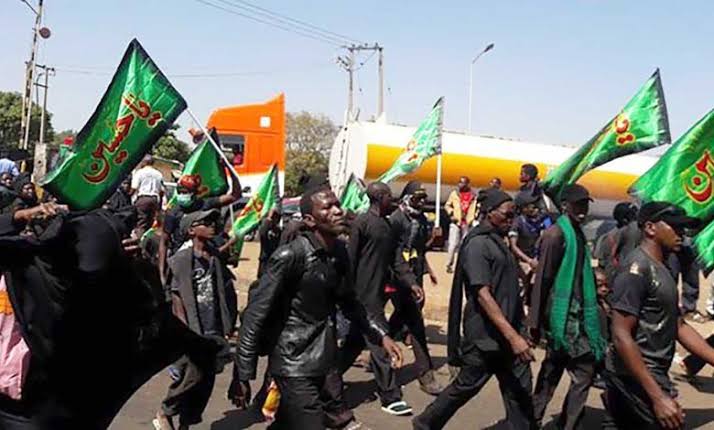The recent events in Kaduna, Nigeria, where clashes between police operatives and members of the outlawed Islamic Movement in Nigeria (IMN) resulted in casualties and injuries, illuminate a complex web of religious fervor, state power, and the quest for truth in an age rife with disinformation and misinformation. This confrontation, occurring during the International Quds Day—a day symbolizing solidarity with the Palestinian cause—raises poignant questions about the means and ends of ideological movements and the role of state mechanisms in regulating public expression.
At the heart of this tragic incident is the allegation of armed confrontation, suggesting that both sides of the conflict were prepared for violence. This begs the fundamental question: How can a movement, particularly one with aspirations of Islamizing society through peaceful means, reconcile the inherent contradiction of using or being prepared for violence? The Islamic Movement in Nigeria, inspired by the Iranian Revolution, espouses the establishment of an Islamic state through nonviolent means, according to its foundational principles. Yet, the presence of locally made weapons among the crowd, as reported by police, and the subsequent injuries to police officers suggest a readiness for conflict that belies the movement’s peaceful assertions.
Furthermore, the aspiration to spread Islamic governance across the globe, as championed by movements like the IMN, often stumbles upon the hard reality of diverse societies with entrenched secular, Christian, or other religious majorities. This ideal, noble in the eyes of its proponents, faces not only logistical and political hurdles but also the moral quandary of achieving universal acceptance without resorting to coercion or violence.
Amidst these unfolding events, the common man finds himself adrift in a sea of competing narratives. With allegations of police brutality on one side and accusations of violent protest on the other, the truth becomes a casualty of the conflict. In such a scenario, discerning the truth requires sifting through layers of narrative, bias, and sometimes outright falsehoods disseminated through both traditional media and social platforms. The proliferation of disinformation and misinformation complicates the public’s ability to form informed opinions, making the quest for truth not just a matter of intellectual curiosity but a civic duty.
This incident also spotlights the broader issue of how governments engage with religious or ideological movements that challenge their authority. The outright banning of the IMN and the violent clashes with its members raise questions about the balance between national security and the right to free expression and assembly. Where does one draw the line between safeguarding public order and suppressing dissent? And how can a state ensure its citizens’ safety without alienating entire communities or ideologies?
In conclusion, the tragic events in Kaduna serve as a microcosm of the larger dilemmas facing modern society: the reconciliation of religious aspirations with the principles of nonviolence, the battle against disinformation in the quest for truth, and the governance challenges posed by ideological movements. As we navigate these troubled waters, it becomes imperative for individuals, communities, and governments to engage in open, honest dialogues that seek to understand and bridge divides rather than exacerbating them. Only through such collective efforts can we hope to address the root causes of conflict and move towards a more peaceful, informed, and cohesive society.

Leave a Reply
You must be logged in to post a comment.